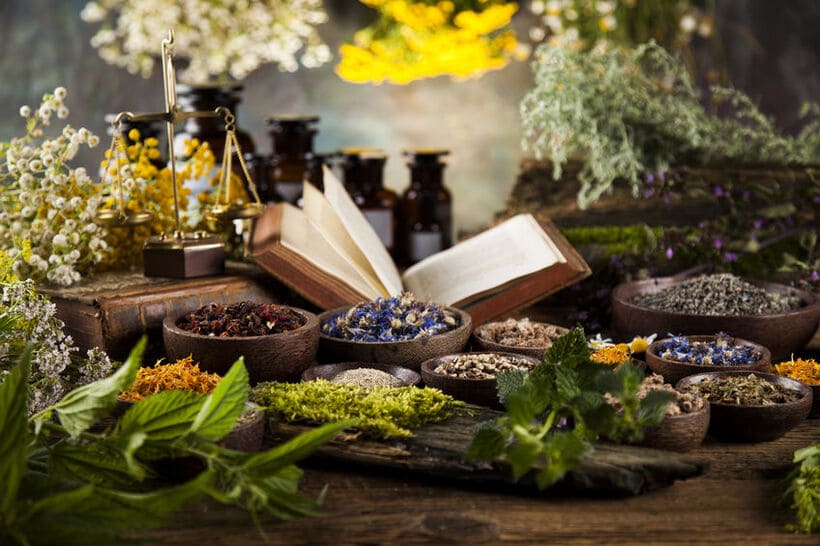Ayurveda is the science of life and its application is to bring harmony and balance between the three Doshas of Vata (wind), Pitta (bile) and Kapha (phlegm) throughout our life cycle. It is also a path of preventive medicine to help maintain sound health and live a disease-free life. Ayurveda teaches us to respect the seasons and lists simple yet effective ways to keep the body healthy during all seasons.
What Does Ayurveda Say?

While the sun is our body’s most powerful source of vitamin D, its harsh radiation not only increases heat in the body but also throws off the balance between the three doshas, causing skin-related problems. Common among them are sun tanning, sunburn, redness in the face or skin, irritation or rashes on the body, and acne.
Ayurveda recommends that to beat the outside heat we must find a way to keep the body cool from the inside as well. Common skin problems in summer like tanning, sunburn, redness, irritation, rashes and acne outbreaks etc. can be easily managed with simple remedies that you can practice from home. Used in the correct proportions and combinations, these home remedies our grandmother passed down to our mothers are proven to work wonders for our well-being, whether it is our skin, hair or body.
What Is Healthy Skin?

Healthy skin according to Ayurveda, involves keeping our body cool to not aggravate our Pitta dosha. Issues such as dehydration, exhaustion, heat stroke and diarrhoea are also major causes of concern due to an aggravated Pitta during this time. Here are a few holistic and effective ways recommended by Ayurveda to keep your skin and body protected and healthy this summer season.
Cleanse Your Face Once A Day Using Coconut Oil:
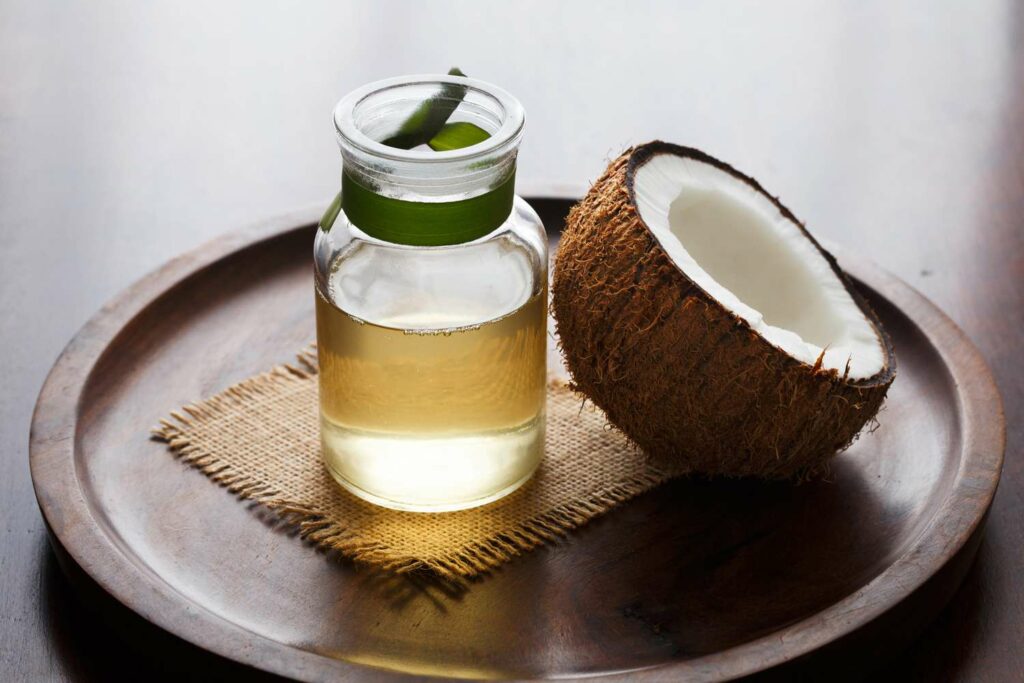
Coconut oil, according to Ayurveda, is a soothing ingredient for the skin. Due to its hydrating properties, its application is simple with no side effects. Experts note that cleansing the face and skin with some coconut oil reduces inflammation that is caused by UVB radiation to almost 50%. Its antibacterial, antifungal and antiviral capabilities create a protective layer over the skin.
How To Use
Take a spoonful of virgin coconut oil and rub this throughout your face and skin after your day at work. Massage with upward strokes for about 2-3 minutes all over and wash off with plain water.
Exfoliation On The Skin Using Coarsely Ground Sugar:

Sugar works wonders as a great exfoliator according to Ayurveda. It hydrates and moisturises your skin, leaving it de-tanned, smooth and supple. The best is to mix this with virgin coconut oil for even better results. moisturizer. While coconut oil is an excellent emollient and extremely beneficial in preventing dry and flaky skin caused due to sunburns, sugar is a natural humectant that can remove dead skin cells and keep the skin hydrated.
How To Use:
Take equal portions of granulated sugar and coconut oil. Mix them well and use this mixture all over the body, neck and face just before a bath. Leave it on for about 5 minutes and shower using a natural soap or body wash.
The Importance Of Toning The Skin:
With either Orange Water or Rose Water.

Natural floral or fruit waters have always been Ayurveda’s pet techniques to lock in moisture within the skin during harsh summer months. Antioxidant and antibacterial properties in both Orange and Rose are known to improve the skin’s texture and reduce rashes or tanning due to sun exposure. Moreover, toners seal the pores on the skin, limiting the appearance of boils and reducing redness on the skin.
How To Use:
Double-boil some roses and orange peels and cover the pot with a lid and let it simmer for 30–45 minutes until the petals lose their colour. Let the water cool and then strain it. Refrigerate this water and spray it on your face and neck at least thrice a day.
Applying Aloe Vera Every Single Day:
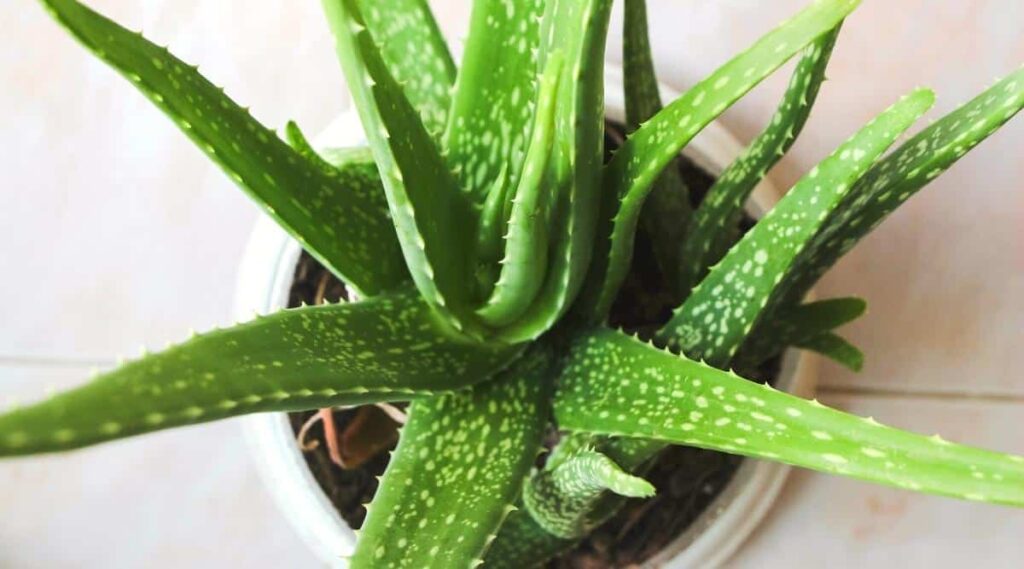
Aloe Vera in Ayurveda is classified as a ‘tridosha hara’ herb, that helps balance all the three doshas of Vata, Pitta, and Kapha. During summers, using Aloe Vera is recommended to cure several skin problems like acne, tanning, rashes, summer boils and other blemishes. Its clarifying, toning and rejuvenating properties enhance the skin reducing inflammation and redness of the skin.
How To Use:
Scoop out the flesh from a fresh aloe Vera plant and add a pinch of turmeric to it. Wash your face with a natural face cleanser and apply this aloe Vera mixture all over the neck and face. You can also apply this over the exposed parts of your body. Leave it on for 10 minutes and wash it off. Doing this ritual every single day will make your skin soft, firm and healthy.
Tan Removal Face Pack:
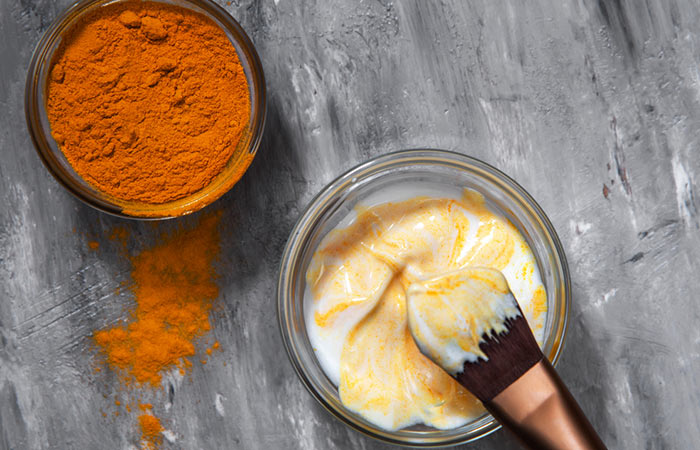
An extremely useful face pack that can be used in summer is the combination of organic turmeric mixed with curd. Commonly available in most homes, this pack is highly effective in de-tanning sunburned skin. Moreover, this pack is known to tone the skin and make it soft as well. Doing this ritual at least once a week during the entire summer season will help the skin regenerate and heal.
How To Use:
Mix a teaspoon of turmeric powder with two teaspoons of curd. Apply this paste all over your face and the tanned areas of your skin. Allow it to settle for about 15 mins and then wash it off with lukewarm water.
Here Are Some More Tips:
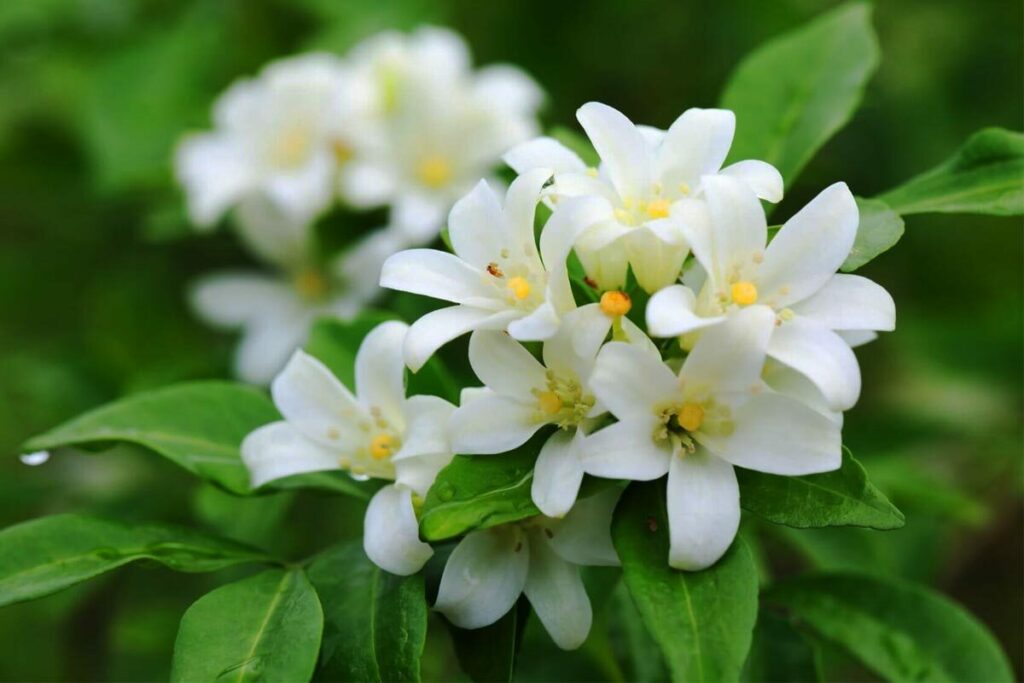
Apart from these, using naturally cooling face packs or lepam made of multani mitti or fuller’s earth, sandalwood, with vetiver root water or coconut water are known to cleanse, cool and nourish your skin during summer months.
Applying natural sunscreen and moisturizer to your body is also important during this time. Spritzing your face and neck using rose water or jasmine water is also highly recommended as these are known to refresh you instantly with their cooling, aromatic properties, locking in moisture and toning the skin.
It is vital to keep the body hydrated with enough water consumption throughout the day. Remember to drink warm or normal water, drinking cold water will only aggravate the pitta in your body. Ayurveda recommends that we consume enough buttermilk(chaas), coconut water, watermelons and cucumbers to help maintain electrolytes in the body. Consuming traditional drinks like ‘panna’ (a raw mango and jaggery preparation) or ‘Shikanji’ (made with beetroots and lime) is also highly beneficial in helping the body cope with the heat. Consuming edible Rosewater on an empty stomach that is mixed with half a glass of water is known to cure several heat-related issues in the body.

It is said that an out-of-balance Pitta brings out frustration and emotional outbursts. Pitta Dosha can be managed by the above-mentioned practices and alongside, simple pranayama techniques like ‘sheetali-shitkari’ breathwork or the ‘chandra -bhedi’ breathwork will also help a great deal. Indulging in enough rest, sitting in silence for a few minutes daily and allowing the mind to accept these hot months as a way of life will also help you.
